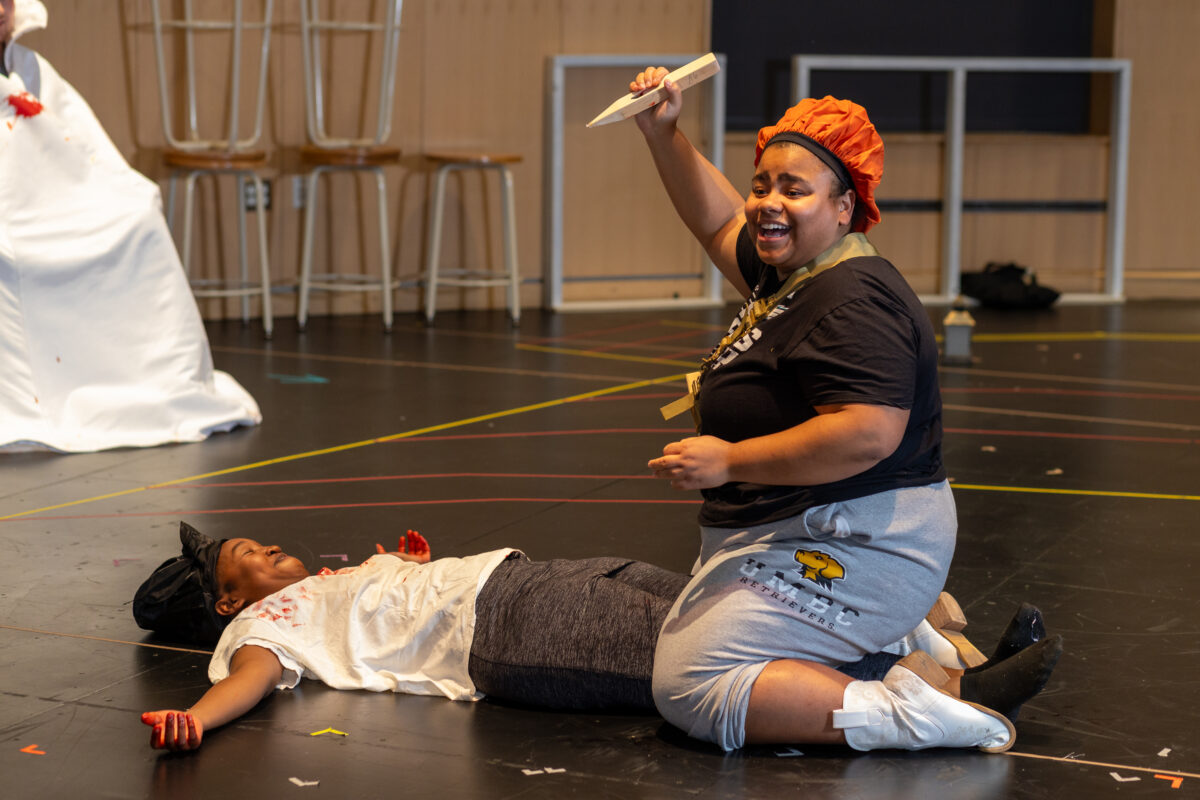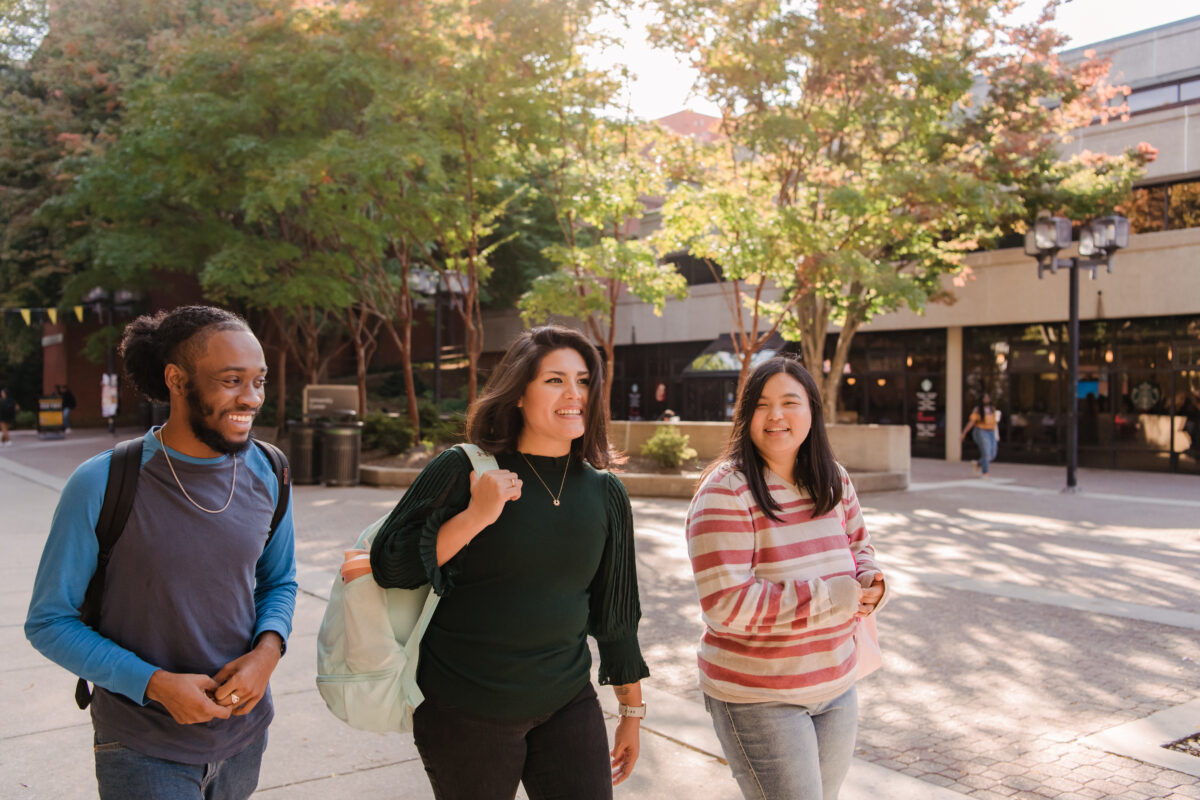With Dr. Jay Freyman, Associate Professor, Department of Ancient Studies
Picture yourself trapped on a desert island. What book or books would keep you best occupied for, say, the rest of your life? Dr. Jay Freyman’s answer is simple: The Oxford English Dictionary (or OED for short). At a time when fewer and fewer of us are cognizant of the history of the words that surround us, Freyman argues that this hefty tome (or the two-volume shrunken print version with magnifying glass) teaches not only the story of human language, but of humanity itself.
English is a hodgepodge of languages – some of them ancient tongues no longer in active use. Dig into the foundations – as each entry of the OED does – and you discover that these languages live on in our own.
Aside from burying your nose in a multivolume dictionary, Freyman has some other easy ways to reconnect the English of the 21st Century – and those who speak it – to its roots in history.
— Jenny O’Grady
Step 1:
Embrace Your Alma Mater
If you graduated from UMBC in the last five years or so, you likely sang the school’s alma mater. You also likely framed your diploma, hung it on the wall – and forgot about what it says. But Freyman says the language used in academia – and the fine print of your degree – is a link between old-school language and the higher education of today.
“The words alma mater in Latin mean ‘nourishing mother,’” says Freyman, who points to other Latin phrases such as in loco parentis (or “in the place of the parent”) as indicators of the university’s role as a parent, of sorts, who teaches, guides and protects the young academic.
Upon graduation, the diploma declares levels of achievement, including magna cum laude and others indicating levels of “high praise.”
“I believe most people are familiar with the terms, but not necessarily aware of what they mean,” says Freyman. “Even so, they know it sounds like an honor, it sounds good…and you know you’ve done something special to have earned it.”
Step 2:
Be (Smartly) Entertained
Sometimes, a society has so much entertainment at its fingertips, it can be difficult to choose how to spend a Wednesday evening. Not surprisingly, some choices are better for the brain – and for our purpose of exploring ancient words and ideals.
Choosing to read a book or to see a live performance like a play can feel like a step back in time. Reading a book allows you make connections between words of the past and present in a way that humans have done since ancient Egypt. And watching a play brings you in touch with centuries-old words in a way that nothing else can. Even reality television.
“It’s simply incredible to watch a play,” says Freyman. “You become a part of it. It makes you think. There’s nothing like it.”
Step 3:
Embrace Ancient Ideals
If you want to truly appreciate the ancients, you should probably try thinking like them, too. That way, if someone asks, “Why should I care about old words and ideas?” you can prepare yourself with a few answers.
“A society needs to challenge and treasure memory,” says Freyman. With the Internet at the ready with answers to everyday questions, we just don’t commit as much information to memory as citizens of the past did. Dissolving the link between memory and knowledge means we can miss lessons the past wants to teach us.
“Memory is like a muscle. If you don’t use it, it atrophies, you lose it,” he says. “Without it, we forget what brought us to where we are today. We are in danger of losing so much.”
Another ancient ideal worth adopting: improving the mind benefits the individual, which benefits society.
“If you have an idea of what a human being was meant to be…well, that’s an end in itself,” he says. “This is very corny, and it won’t sell…but that’s the best reason in the world. It simply makes you a better human being.”
* * * * *
What’s in a name?
Having a degree from UMBC is one thing, but knowing the proper usage of the word “alumni” will make you seem extra smart.
The word alumnus is used to refer to one male graduate; alumna refers to one female graduate. The word alumni is used when referring to a group of male graduates, however it is also used as a collective term for alumni of both genders. Alumnae is used in referring to a group of exclusively female graduates.
Watch our video to see these words put to use by UMBC’s on-campus alumni!
Tags: how to, Summer 2011



